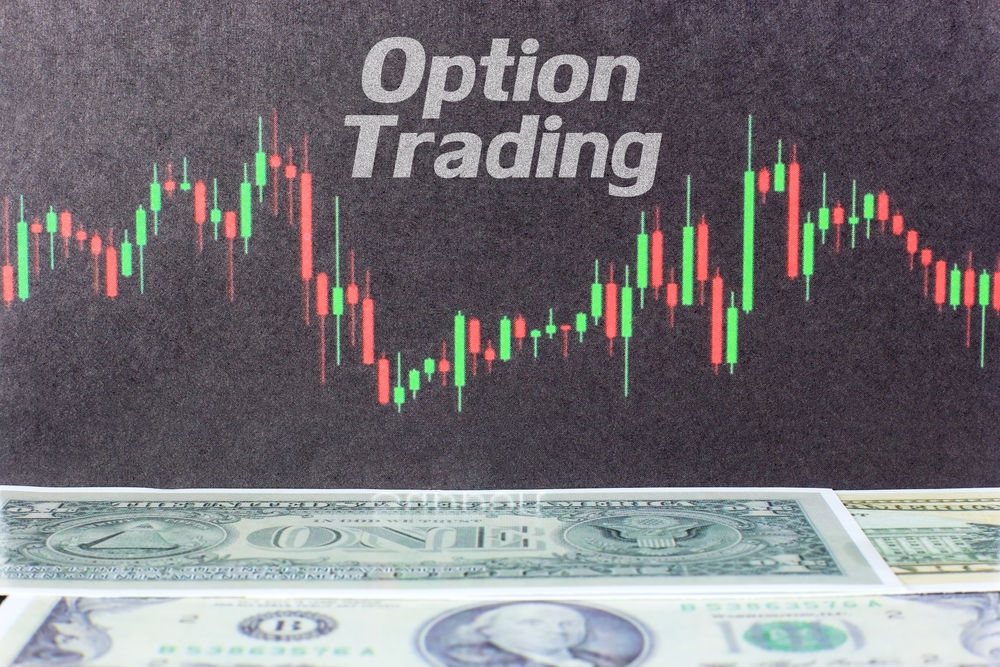Options trading is another way that many generate money within traditional financial markets. This is very different from the buy and hold tactics that we may readily associate with what stock brokers and investors do. Rather, options trading gives investors just that: options. The two options to these positions are known as Calls and Puts. When purchased, Calls and Puts are time constrained contractual agreements which is very different from buying into a position outright.
What is a Call?
A Call is an option that gives the buyer the right to purchase a certain number of shares of a company’s stock guaranteed at a certain price. So the example could be Tesla Motors. Let’s say that an investor believe that Tesla is positioned to do well, but does not want to commit the capital necessary to purchase those shares outright. What they can do is purchase a call which guarantees that they can buy x amount of shares at x price, regardless of what the current price of Tesla shares is.
Tesla’s rough price at the time of writing this article is $305 a share. If our investor purchased a call which “locked in” their ability to purchase shares of Tesla and the price went up, they would be able to purchase those shares for a cheaper price than they are worth and make a profit. However if the price stays the same or goes below the strike price, it is a loss since the price of the call itself needs to be factored in as well as the price for buying out of a losing position. There is no point in keeping a call if you will have to purchase shares at a higher price than they are worth (in this position anyway). So two out of three instances, buying a call is not profitable.
The inverse of this is selling a call. Where an investor sells the right to buy their shares of a certain company at an agreed upon price. Two out of the three instances here then, selling a call is profitable since if the share price stays the same or goes down the seller has collected a premium and does not have to deliver any shares. However, If the price goes up they would be responsible for delivering those shares.
What is a Put?
If a Call is a contract that guarantees someone’s right to buy shares at a certain price, a Put can be thought of as a contract that guarantees someone’s right to sell shares at a certain price. Let’s say this time our investor believes that Tesla is positioned to do poorly, but they have these shares already. They can purchase a put and the right to sell those shares at a certain price. Again, two out of the three instances ends in a loss for the investor here. This is because it is only profitable to buy a put if the share price goes below not only the agreed upon price, it also needs to go low enough to include the cost of having bought that put. However, if the price plummets, the investor can make off like a bandit.
Again, selling a put has more profitable instances on paper. Since if the price goes up or stays the same -or as we mentioned above, does not go lower than the agreed upon price plus the premium for selling the call- then the seller gets to pocket some of or all of the put’s price without having to purchase the shares.
Hopefully this was an interesting insight into the various elements of the investment world. It’s an interesting dynamic that I’m not sure too many people are aware of. I want to make it clear that this is not financial or investment advice, but rather an article hoping to educate people about how a part of the financial market works.
If you liked this article, follow us on Twitter @themerklenews and make sure to subscribe to our newsletter to receive the latest bitcoin, cryptocurrency, and technology news.

